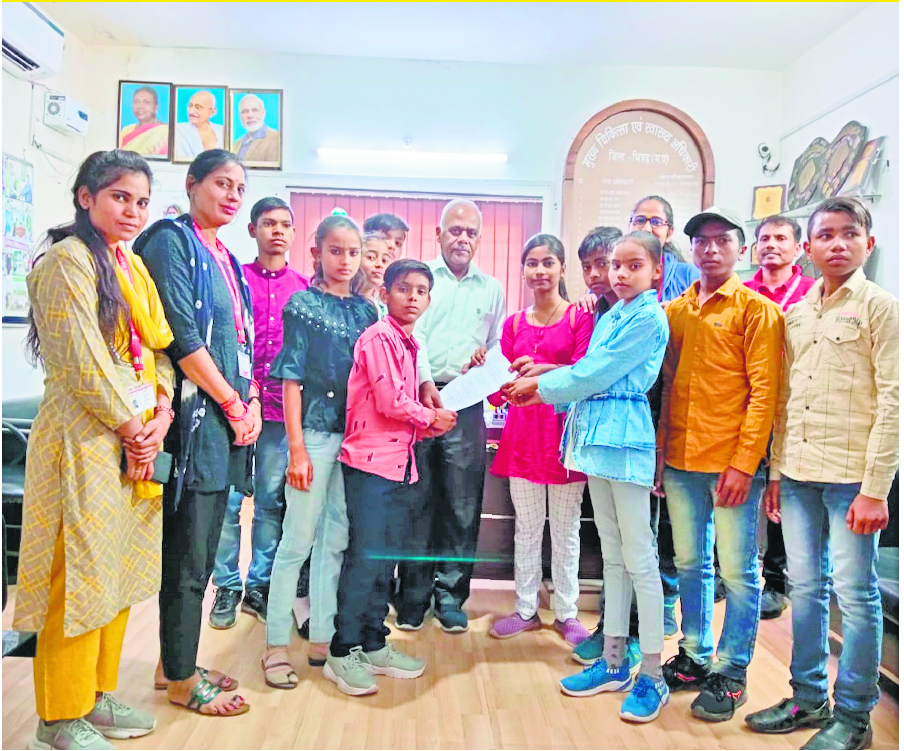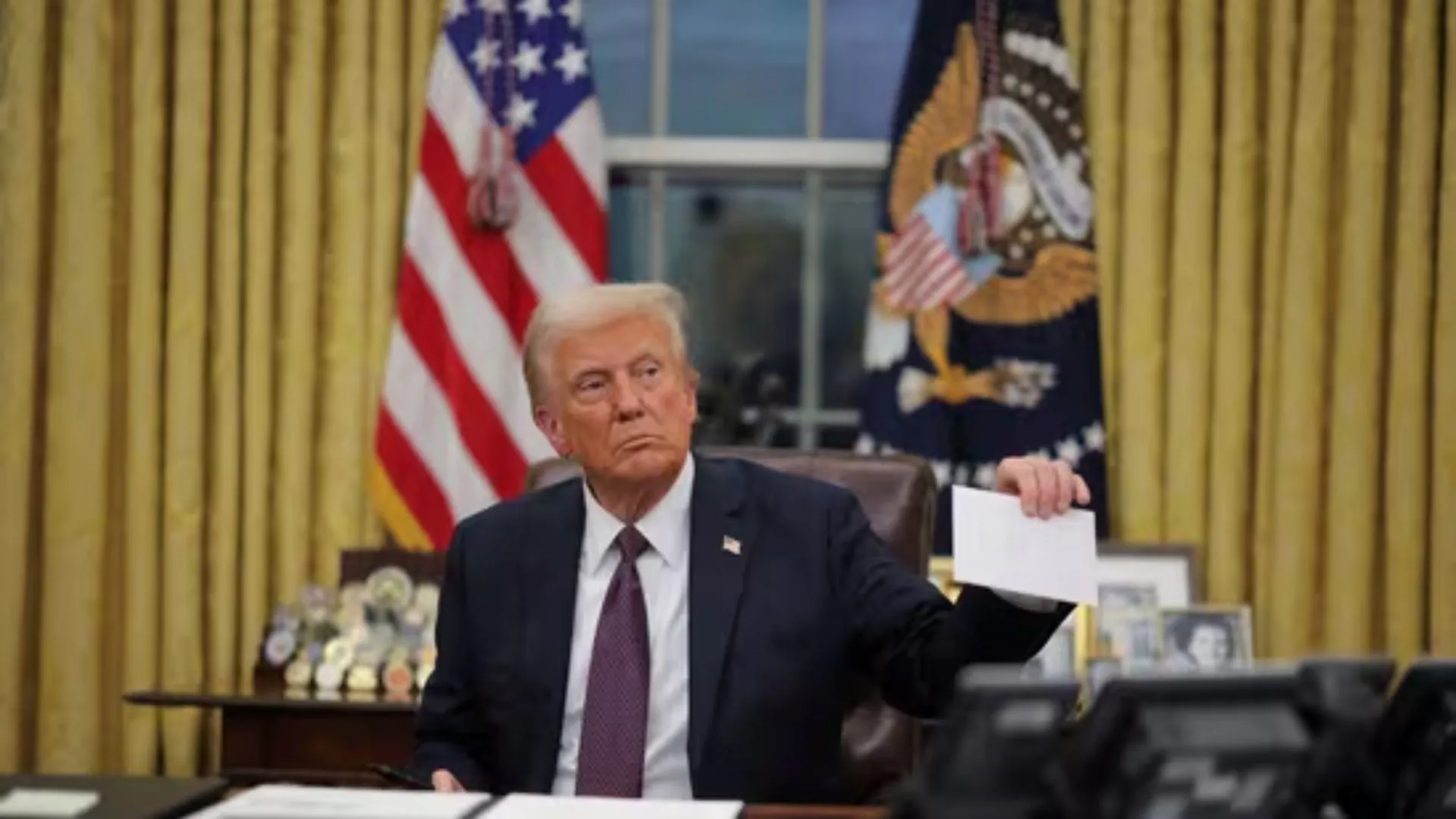Hemant, a 13-year-old boy studying at the Malanpur Government Middle School is petite and frail at the first glance. He is always eager to participate in every activity,but felt ignored due to his small stature andfrailty. His concerns regardinghis height and physical strength always hinderedhim from speaking up, until he got an opportunity to join the School Health Club set up as part of the Eat Right in Schools Programme – a multistakeholder initiative to improve the health & nutrition status at 200 schools with the focus on safe & nutritious food.
Today, Hemant is the Prime Minister of the school HealthClub and Children’s Cabinet. He now actively promotes the consumption of green vegetables in his daily meals. Hemanthas emerged as anenthusiastic advocate for healthy practices. He fearlessly presents thesuggestions and demands of hisfellow students to the teachers.Moreover, Hemant leads by example. He has managed to develop a small, thriving kitchengarden in the school.
Children represent the future generation. By instilling values of social responsibility, environmental stewardship, and empathy early on, we ensure that these values become integral to their identity, influencing their actions throughout their lives.Children often have a significant influence on their peers, families, and communities. When they become advocates for positive change, they can spread awareness and information, inspiring others to adopt similar practices and behaviors.
Enhancing children’s capacity to advocate for issues related to health, nutrition, and sanitation involves empowering young individuals to understand, articulate, and actively promote positive changes in these crucial areas.
The goal is to cultivate a sense of responsibility, knowledge, and leadership among children, enabling them to contribute to the well-being of themselves and their communities.
With a goal to empower school children as agents of change to improve their own health and nutrition status, the Eat Right in Schools is a programme run by Mondelez India &Bal Raksha Bharat that augments the Government of India’s FSSAI led ‘Eat Right Movement’ in the country.
The strength of the ‘The Eat Right Movement’ lies in its holistic and collaborative approach. With technical support from Tamil Nadu Agriculture University, Coimbatore to establish kitchen gardens and other developmental workshops, together, the initiative aims to improve public health in India and combat negative nutritional trends to fight lifestyle diseases in the next generation and create a ‘Swasth Bharat’.
Over 46000 children across 200 Schools in Madhya Pradesh, Himachal Pradesh, Maharashtra, Delhi & Tamil Nadu have already been benefitted from this programme, reinforcing and bolstering the existing infrastructure within schools, thereby enabling children to access healthier and more nutritious food options.
Empowering children in school entails empowering the school and its teachers. Teachers across these schools are FSSAI certified as Health & Wellness Ambassadors along with certification of schools as Eat Right Schools.
We believe sustainable development requires a long-term perspective and a commitment to preserving resources and improving societal well-being. Having children as Champions of Change is essential for shaping a future generation that is socially aware, environmentally conscious, and actively involved in making positive contributions to the world. By investing in the values and actions of children today, we pave the way for a brighter and more sustainable tomorrow.
The author is the CEO of Bal Raksha Bharat.























